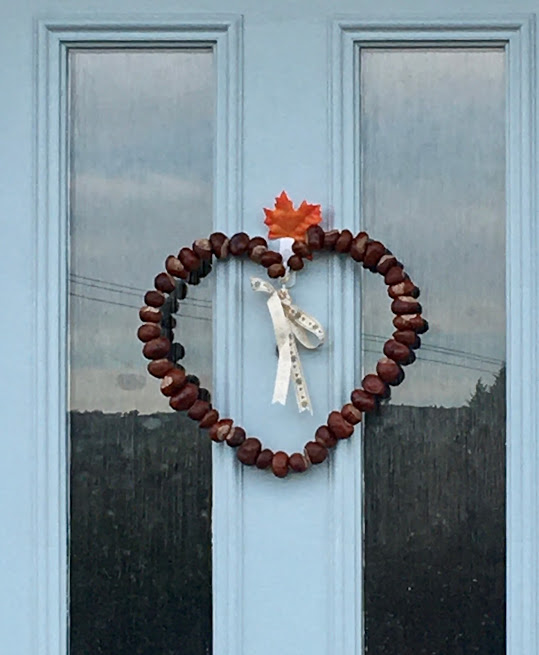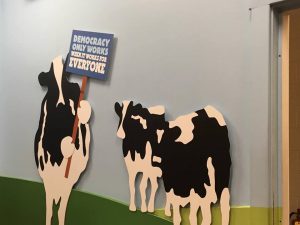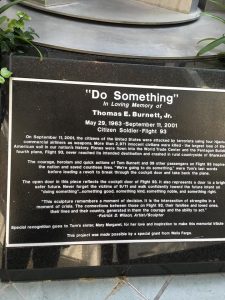This Week’s Bit of String: Who wants to be Juliet?
Happy Valentine’s Day. It’s perhaps fitting to a holiday of Love that the patron saint’s origins aren’t definitively known apart from a martyred end of some sort. Who can really say where love comes from, and the most classic literary examples of romance often end tragically. (Insert special heart-shaped, chocolate-covered spoiler warning here.)
I’m sure there are a few lists out there of great romances. But most of us probably wouldn’t choose to live in previous eras, and so we wouldn’t prefer a romance from times when honouring and obeying were more important than striking out on adventures together and actually having some idea what your partner thinks about the world. Would any of us like to be in Juliet’s place? It’s hard to believe she and Romeo would have thrived together had they lived. Killing them off allowed the romance to linger, just as in Anna Karenina, if she had actually died in childbirth rather than surviving it, the great love affair would have outlived her.

To me, a good romance is one that I would actually be content to participate in. They’re not so common as you’d think. There must be some give-and-take to the relationship, a sort of useful friction which drives rather than divides. Definitely a mutual admiration. I wonder if we called romances “relationship stories,” would that lend them more credibility? We’re just learning about the varying dynamics, the infinite degrees of desirability. Here are the top ten literary relationships that I enjoyed reading about—with quotes, of course! You know I like quotes.
Little Women by Louisa May Alcott
This was probably the first book I read that provided an enticing insight into a relationship. I was 9 or 10 years old, and Alcott’s novel introduced the idea that deep friendship and shared passions aren’t necessarily sufficient grounds to accept a marriage proposal, but that waiting and maintaining independence don’t have to leave you lonely.
“’Ah! Thou gifest me such hope and courage, and I haf nothing to gif back but a full heart and these empty hands,’ cried the Professor, quite overcome.
“Jo never, never would learn to be proper, for when he said that as they stood upon the steps, she just put both hands into his, whispering tenderly, ‘Not empty now,’ and, stooping down, kissed her Friedrich under the umbrella.”
Possession by A. S. Byatt
A very literary romance, as two scholars fall in love while unearthing evidence of an unknown affair between two poets a century before. This examines whether, when love stifles independence, it might yet cause art to flourish. How much determination does passion leave us?
“And is love then more
Than the kick galvanic
Or the thundering roar
Of Ash volcanic
Belched from some crater
Of earth-fire within?
Are we automata
Or Angel-kin?”
Their Eyes Were Watching God by Zora Neale Hurston
A rare example of a strong female protagonist who while remaining true to herself, longs to find a loving partner. And our heroine finally does so, making the most of life with TeaCake and with her memories of him after the relationship’s devastating end.
“‘Love is lak de sea. It’s uh movin’ thing, but still and all, it takes its shape from de shore it meets, and it’s different with every shore.’”
Maddaddam by Margaret Atwood
Atwood has a great ability to forensically dissect relationships, while not amputating any of the attraction. In this final book of the Oryx and Crake trilogy, two weary apocalypse survivors finally get together after years of waiting, and it’s simultaneously marvellous and familiar.

“She’d longed for this, and denied it was possible. But now how easy it is, like coming home must have been once, for those who’d had homes. Walking through the doorway into the familiar, the place that knows you, opens to you, allows you in and tells you the stories you’ve needed to hear. Stories of the hands as well, and of the mouth… Yes. At last. It’s you.”
Prayers for Rain by Dennis Lehane
I love Lehane’s dialogue. Banter crackling with warmth that sometimes crosses over to passion. This is why his detectives Kenzie and Gennaro are a big hit with me, and why their relationship is crave-worthy.
“Don’t look at me,” she said.
“Why not?”
“I’m telling you–” She lost the battle and closed her eyes as the smile broke across her cheeks.
Mine followed about a half second later.
“I don’t know why I’m smiling,” Angie said.
“Me, either.”
“Prick.”
“Bitch.”
She laughed and turned on her chair, drink in hand. “Miss me?”
Like you can’t imagine.
“Not a bit,” I said.
The Night Circus by Erin Morgenstern
This is quite a beautiful story that uses magic and fantasy to show love’s power, also addressing questions of destiny versus autonomy.
“As he kisses her, the bonfire glows brighter. The acrobats catch the light perfectly as they spin. The entire circus sparkles, dazzling every patron.”
We Need to Talk About Kevin by Lionel Shriver
I read this to research school shootings but it captivated me as a tragic love story, an elegy to a relationship as much as a confessional. Eva, the narrator, and her now absent husband Franklin loved each other so much, despite being quite opposite, and perhaps it made other relationships pale in comparison.

“After I’d survived so long on the scraps from my own emotional table, you spoiled me with a daily banquet of complicitous what-an-asshole looks at parties, surprise bouquets for no occasion, and fridge-magnet notes that always signed off, ‘XXXX, Franklin.’ You made me greedy. Like any addict worth his salt, I wanted more.”
Do Not Say We Have Nothing by Madeleine Thien
This is an epic book about trying to create and express oneself during political struggles. It is not a romance. However, there’s a wonderful relationship between Wen the Dreamer, who woos the protagonist’s young widowed aunt Swirl through stories, leaving her a volume of adventure tales every few days. When she’s ready, they marry with this perfect storyteller’s vow:
“‘I promise you that for all our life together, I will seek worlds that we might never have encountered in our singularity and solitude.’”
The Paying Guests by Sarah Waters
I’m a huge fan of Waters. Her books are suspenseful with expertly-crafted twists, but they’re also deeply romantic, usually giving voice to relationships on the LGBTQIA spectrum. She has a knack for conveying the overpowering, multi-sensory nature of love.
“Frances took all this in, even while angled away from her, gazing at her—how, exactly? Perhaps with the pores of my skin, she thought.”
A Grief Observed by C. S. Lewis
The creator of Narnia published this journal of his widowhood under a different name, and it’s sad and lovely and relatable. In it there’s this line which I feel sums up the beating heart of any truly desirable romance:
“The thing I want is exactly the thing I can never get. The old life, the jokes, the drinks, the arguments, the lovemaking, the tiny, heartbreaking commonplace.”
I think the best thing we can do when creating relationships on paper is to use the tiny commonplace that Lewis refers to, the familiar details that symbolise a routine privileged by virtue of simply being shared. What do you think of these relationships? Do you have any recommendations?




